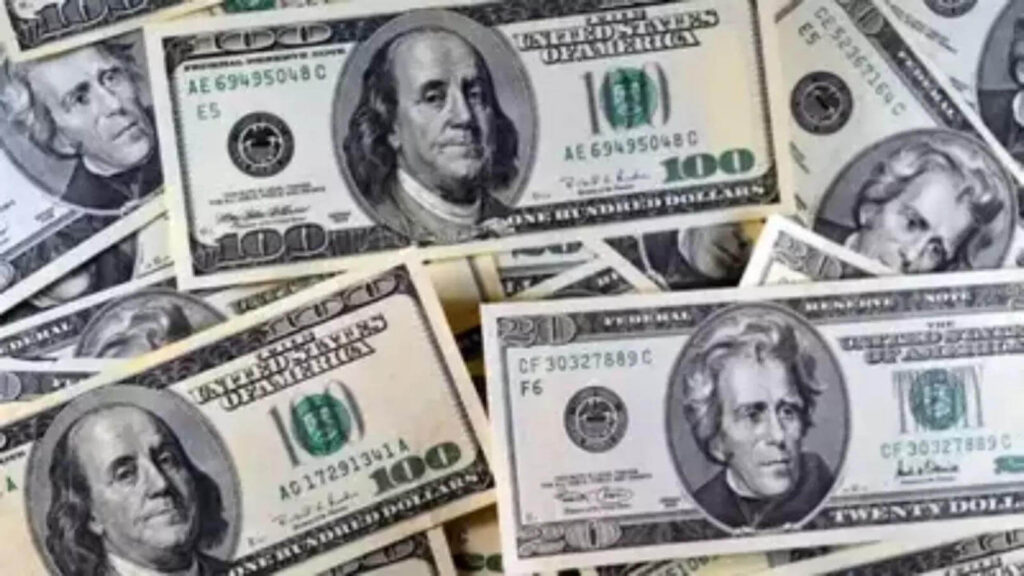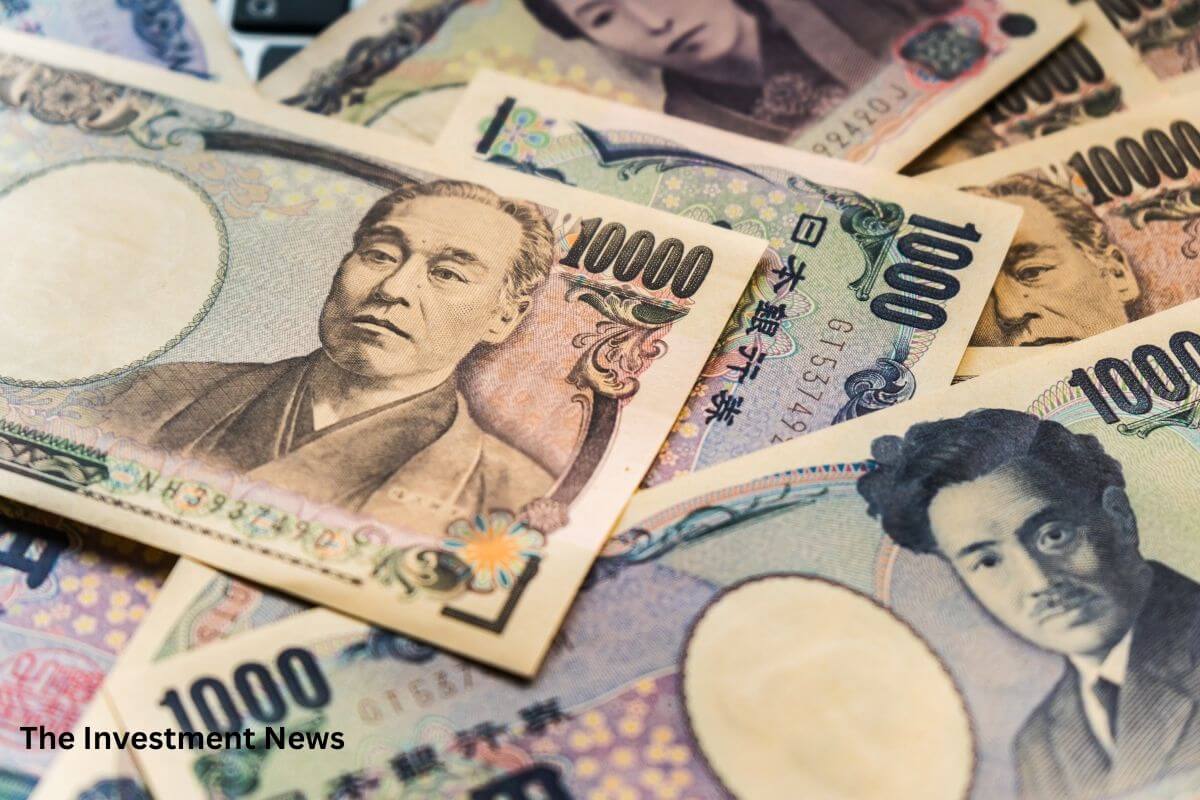The yen’s dip below 150 against the dollar, a first since November, has stirred strong reactions from Japanese authorities, signaling concerns over speculative trading amidst unexpected US inflation figures, which have tempered expectations of an early Federal Reserve interest rate cut. By noon on Wednesday in Tokyo, the Japanese currency had edged up about 0.2% to 150.52 against the dollar following an overnight plunge of 1%, part of a broader decline in Group of 10 currencies against the dollar. The persistent strength in US prices has fueled speculation that the Fed may need to maintain interest rates at elevated levels for an extended period, enhancing the attractiveness of holding higher-yielding dollars.

The movement in exchange rates prompted a wave of verbal admonitions from Tokyo’s top currency officials.
Masato Kanda, vice finance minister for international affairs, remarked to reporters on Wednesday, “Some recent rapid fluctuations align with market fundamentals, but some are evidently speculative. The latter are not desirable.” He added, in his sternest statement since November, “Authorities are prepared to act around the clock, every day of the year.”
Finance Minister Shunichi Suzuki echoed these sentiments shortly thereafter. The yield on 10-year Japanese government bonds briefly reached 0.765%, the highest since mid-December, indicating that investors perceive a slightly increased likelihood of an early move by the Bank of Japan to raise interest rates.
While a weaker yen has supported inflation and benefited exporters, Japanese policymakers remain vigilant against sharp declines, which can disrupt both the economy and markets.
The yen has faced renewed downward pressure since BOJ Deputy Governor Shinichi Uchida remarked last week that it’s challenging to envision a continuous and rapid increase in the bank’s policy rate. Over the past two years, the Japanese currency has depreciated by over 23%, surpassing any major currency tracked by Bloomberg.
Uchida also emphasized that financial conditions will remain accommodative, a sentiment echoed by Governor Kazuo Ueda, even after the BOJ ends its negative-rate policy, given the current economic and inflationary outlook.
Keiichi Iguchi, a senior strategist at Resona Holdings Inc., noted, “Concerns are mounting regarding verbal intervention from Japanese authorities, and market participants will need to gauge the seriousness of the warnings going forward. Some apprehension is likely to persist among investors due to intervention fears.”
The yen has declined by more than 6% against the dollar in 2024, marking the largest drop among G-10 currencies. On Tuesday, the Japanese currency reached as low as 150.89. It has also weakened by 3.5% against the euro, ranking as the poorest performer among developed-nation peers.
Japanese authorities intervened in the foreign exchange market in September and October of 2022 for the first time since 1998, expending around ¥9 trillion ($60 billion) in efforts to support the currency.
Tom Nakamura, a portfolio manager at AGF Investments Inc., remarked, “The market has been primed for yen strength on expectations of the Bank of Japan’s departure from its negative interest rate policy. However, they will not rush into it or embark on an extended normalization cycle.” He added that anticipations for yen strength based on the actions of the central bank should begin to be unwound.









